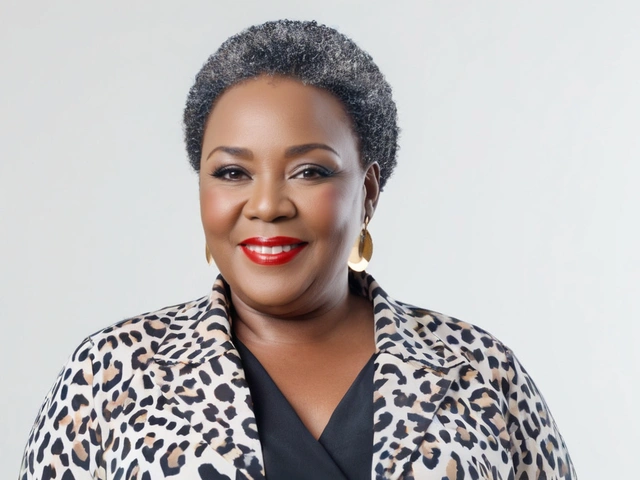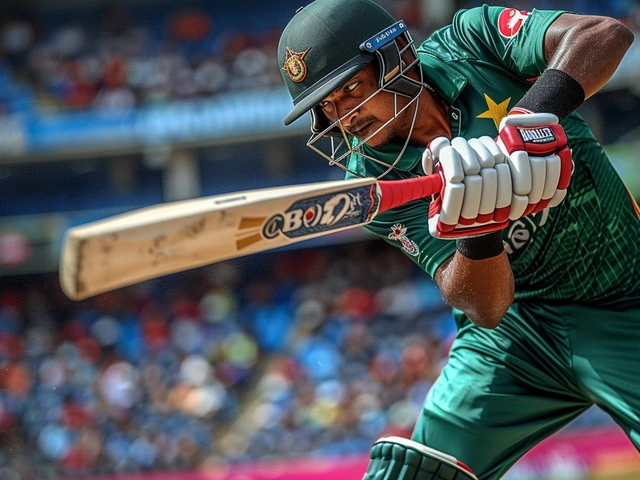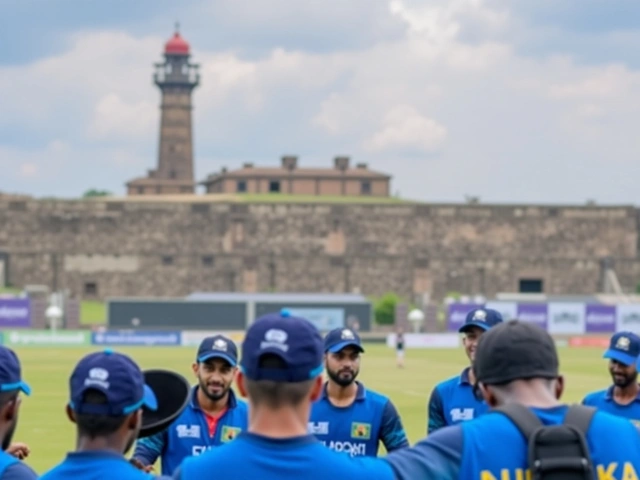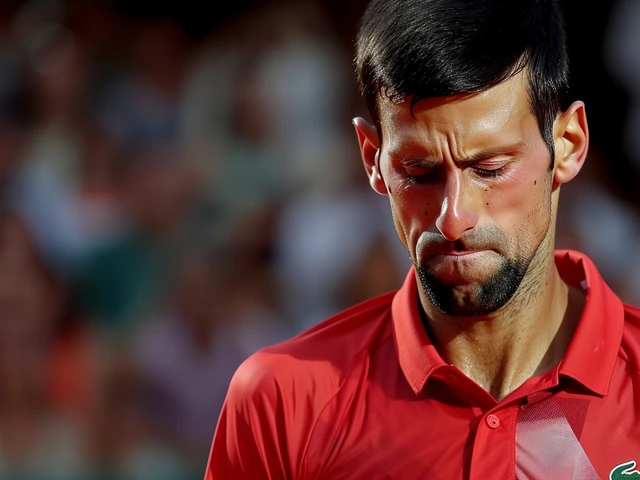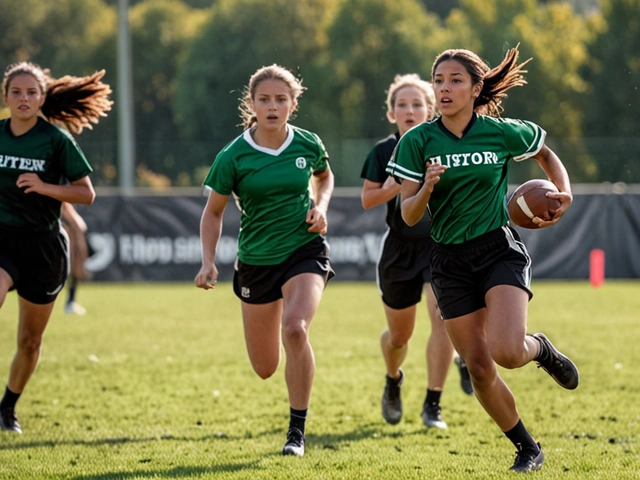Racist Language Explained – What It Means and Why It Matters
Ever wonder why a single word can cause such a stir? In South Africa and across the continent, racist language isn’t just rude—it fuels division, hurts communities, and can even break the law. Understanding how it works helps you avoid accidental offense and gives you tools to call out hate when you see it.
What Counts as Racist Language?
Racist language covers any words or phrases that target a person’s race, ethnicity, or skin colour in a negative way. It includes slurs, stereotypes, and coded insults that sound “harmless” but carry historic baggage. For example, calling someone a “tribe‑backed” insult or using outdated terms for African nations is more than bad manners; it reinforces harmful power imbalances.
Even jokes that rely on racial tropes fall under this umbrella. A meme that says “Africans are always late” may seem funny to some, but it spreads a false generalisation that fuels prejudice. The same applies to online comments that label an entire group as lazy or violent based on isolated incidents.
In South African media, the line can be blurry because some expressions were once common in everyday speech. Today, platforms like Daily Africa Disko encourage writers and readers to replace old‑fashioned terms with respectful alternatives. Swapping “colored” for “Black South African” or avoiding phrases that link crime to a specific ethnicity makes the conversation clearer and safer.
How to Handle Racist Language Online and Offline
If you spot racist language on social media, comment sections, or even in news articles, there are practical steps you can take. First, don’t ignore it—silence often lets the behaviour grow. Use the platform’s report feature; most sites have a “hate speech” option that alerts moderators.
Second, if you feel safe, call out the comment politely. A simple “That wording is hurtful, can we use something else?” works better than an angry rant. People are more likely to listen when you keep the tone calm and focused on the impact rather than accusing them personally.
Third, educate yourself and others. Share reliable resources that explain why certain words matter—like this guide from Daily Africa Disko’s tag page on racist language. When readers see clear definitions and real‑world examples, they’re less likely to repeat harmful phrases.
Offline, the same rules apply in schools, workplaces, and community events. If a colleague uses an offensive term, ask them privately why it might be problematic. Offer a better phrase and show how inclusive language improves teamwork and morale.
Remember, tackling racist language isn’t about policing every word; it’s about creating space where everyone feels respected. When you choose to speak up or replace a slur with a neutral term, you set a standard that discourages hate before it spreads.
At Daily Africa Disko we publish stories from across the continent, and we keep an eye on the language used in our own headlines and comments. Our goal is to provide news without reinforcing stereotypes. If you notice anything off in our coverage, let us know through the contact form—your feedback makes our reporting stronger.
Bottom line: racist language hurts, it divides, and it can be stopped with awareness. By learning what counts as hate speech, using respectful alternatives, and calling out bad behaviour when you see it, you help build a more inclusive Africa. Keep these tips handy, share them with friends, and stay vigilant—every word matters.
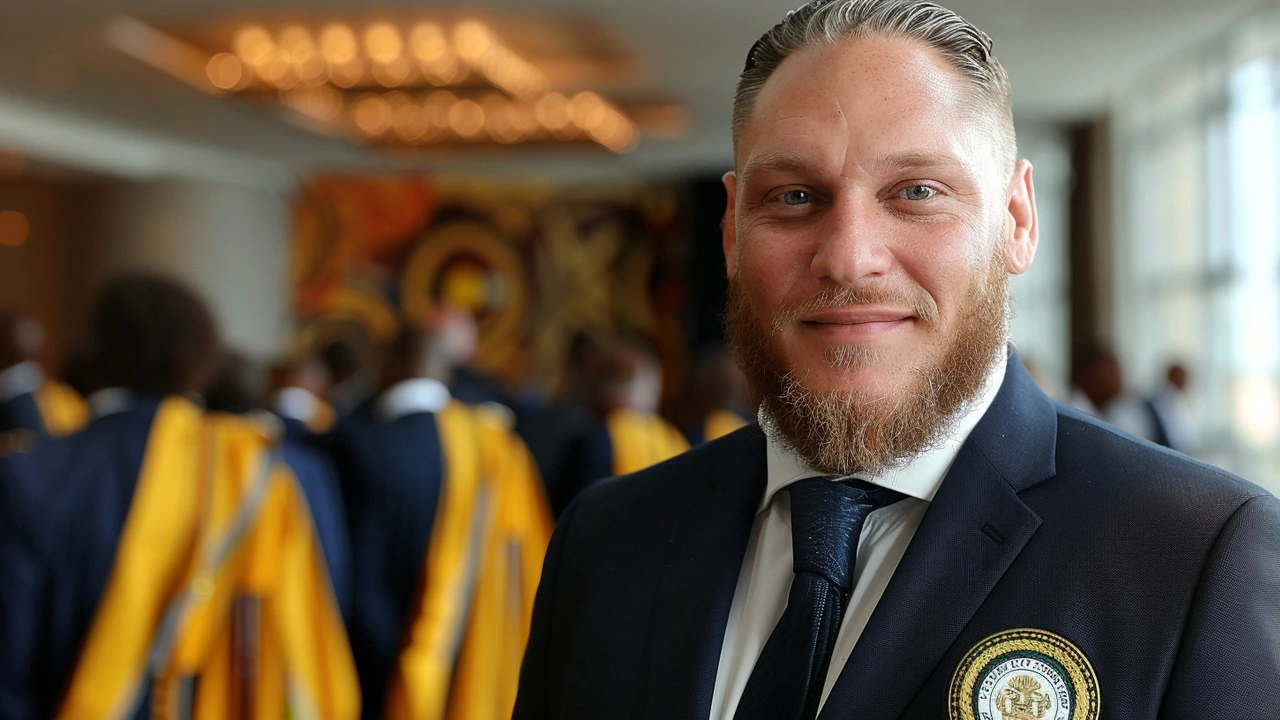
South African MP Renaldo Gouws Faces Suspension Over Racist Remarks in Viral Videos
Renaldo Gouws, a member of Parliament for the Democratic Alliance in South Africa, has been suspended after videos of him using derogatory language resurfaced online. In these videos, Gouws made racist comments targeting black individuals. The incident has sparked a swift response from the DA and a potential legal action from the South African Human Rights Commission.
